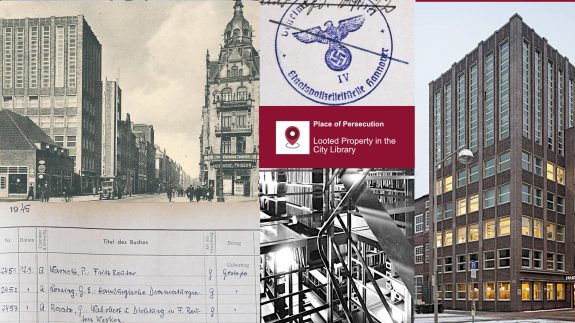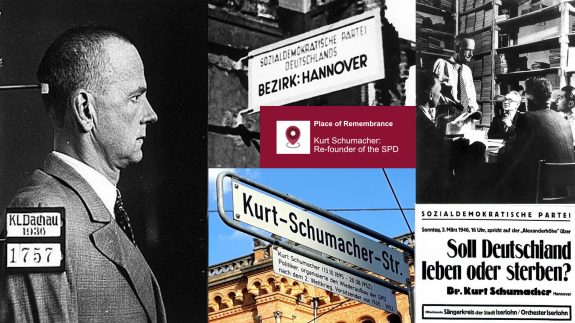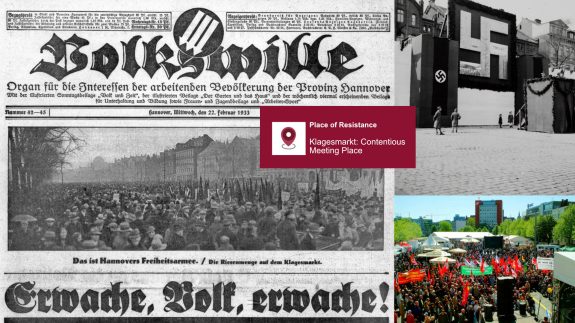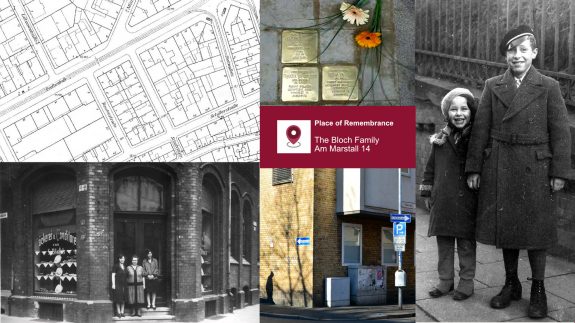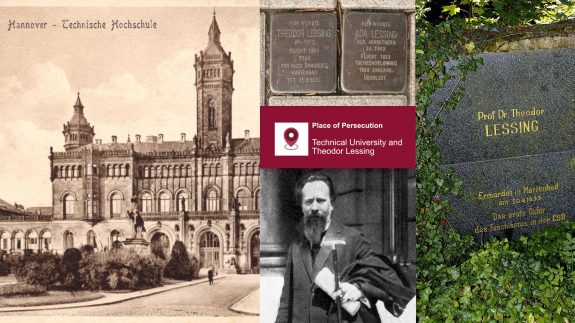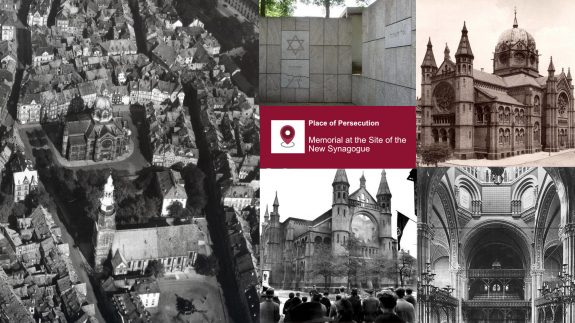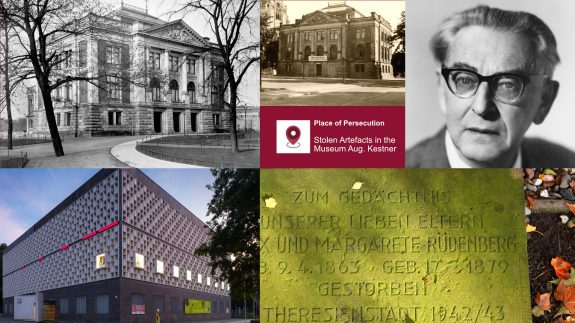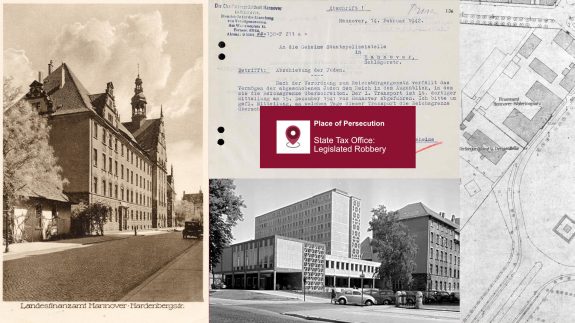Looted property in the Hanover City Library
Looted property in the Hanover City Library Not only works of art, but also individual books or entire private libraries came into the possession of archives, museums and libraries as “Nazi-confiscated cultural property” – including Hannover City Library. The latter makes intensive efforts, in accordance with the criteria of the “Washington Principles” adopted in 1998…

